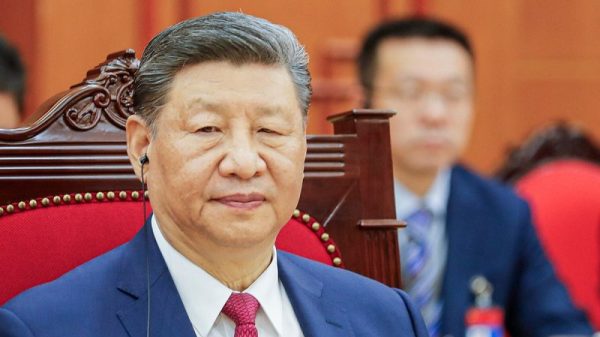With grandchildren who are now 2, 4 and 6 years old, I have had occasion to weather many a “why” question (but, blessedly, less frequently than my kids have). And judging from the substantial online discussion of kids’ “why” stage, I am far from alone.
But in perusing some of that discussion, one comment by psychiatrist Napatia Gettings shifted my thoughts away from how to survive the why stage. She said, “They’re trying to make sense of the world, and that’s a good sign.” It made me remember a phrase I have read, with some variation, many times in Thomas Sowell’s writing, from at least as far back as his 1980 Knowledge and Decisions though his 2009 Intellectuals and Society. He repeatedly pointed out that important aspects of many views, proposals, and policies ran aground on “a question seldom asked, much less answered.”
The trigger for the why stage in children seems to be the explosion of language capability around age three. Once kids have the words to begin expressing new things, their attempts to understand the world snowball. That made me think that we need more people to emulate small children when it comes to politics, because we need far more people to persist in asking why questions when justifications for political choices are not satisfying. That is, with apologies to Dr. Gettings, too many adults have given up trying to make sense of the political world, and that’s a bad sign.
Issues that are rarely asked about, much less answered, are so liberally sprinkled throughout politics that they are part of many Pathways to Policy Failure, to cite my most recent book. So we could use far more persistent why-askers like my grandkids, in the face of the many iterations of “shut up and obey” we have been hearing from our supposed public servants and those eager to curry favor with them.
Consider some of the why questions for policies that frequently occur to me, without good answers given by activists, politicians, and rent-seekers.
Why do politicians laud American voters before elections, but then override so many of their choices as soon as the election is over?
Why should voters expect moving decisions to government will produce better results, when those in government have less information about you and care less about you than you do?
Why is government “help” considered moral or ethical when the resources are taken from others who did not agree to pay for it?
Why is overcoming ineffective or wrong-headed regulations cited so often as a cause of crises, yet new regulations are constantly proposed as “solutions” to crises?
Why does government claim to create jobs with stimulus plans, when all that really happens is that jobs are simply moved from where the resources were taken to where they are then spent?
Why, when raising tax revenue, does the government ignore the distortions caused by doing so (which economists call welfare costs), when they are necessary implications of taxation?
Why, when government spends money, do it count multiplier effects as benefits, but when it raises the money, it ignores the negative multiplier effects on the cost side?
Why are price ceilings considered “solutions” to not enough of some goods being available, when they make suppliers provide even less of the goods in question?
Why do so few people notice that price ceilings and price floors both reduce the quantity of goods exchanged, undermining the political promises of providing more used to justify them?
Why is “greed” used to describe firms’ refusal to provide what some desire, but not those who want firms to be forced to provide what they would not do voluntarily?
Why are firms supposedly too greedy to do what many activists want, but not greedy enough to hire “underpaid” women when that would supposedly be a huge profit opportunity?
Why do people pushing “single payer” in health care not recognize that it is just a different name for “government monopoly?”
Why does government insist that monopoly in markets is bad, but government monopoly is good?
Why do politicians call their spending “investment” when it is taken involuntarily from one group to benefit other groups that politicians choose, which is far different from when I invest?
Such questions come to me with depressing frequency. If you pay attention to public policy, you have probably come up with your own list of “not asked, much less answered” questions that stick with you, because few things are as scarce as answers that are consistent with both logic and government’s advancing the “general welfare.” But the questions keep coming. Sometimes I have wondered there is a question “to rule them all.” I have come up with one candidate for such an august inquiry. Why was Thomas Sowell able to say “The first lesson of economics is scarcity: there is never enough of anything to fully satisfy all those who want it. The first lesson of politics is to disregard the first lesson of economics”?





































